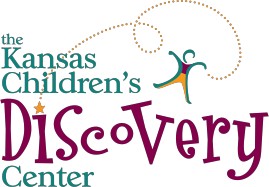Next Steps for Play Free
Last week, we held our fifth session of Play Free, which brings children with incarcerated mothers—or in some cases, grandmothers, to the Kansas Children's Discovery Center for a day of play. On Play Free days, the museum is closed to the public, and the whole facility and staff work to meet the needs of these children. Attendees painted pumpkins, trick-or-treated, and enjoyed a day of normalcy in a challenging time.
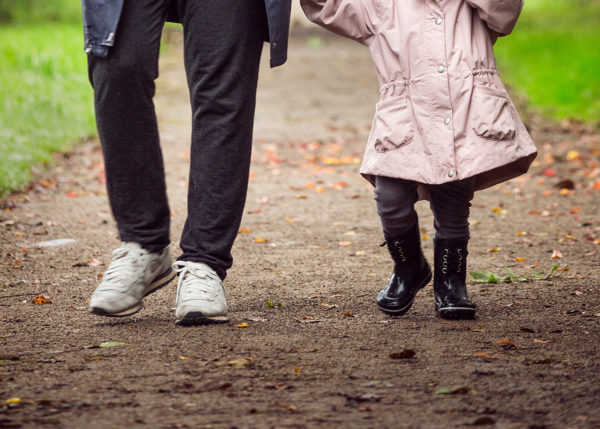
Play Free has now served 152 children ranging in age from two months to eighteen. In addition, 74 mothers or grandmothers from Topeka Correctional Facility have attended the five sessions held since April of 2018. People are taking notice of the program, are we accepting invitations to present to other professionals in the hopes the program will be replicated elsewhere.
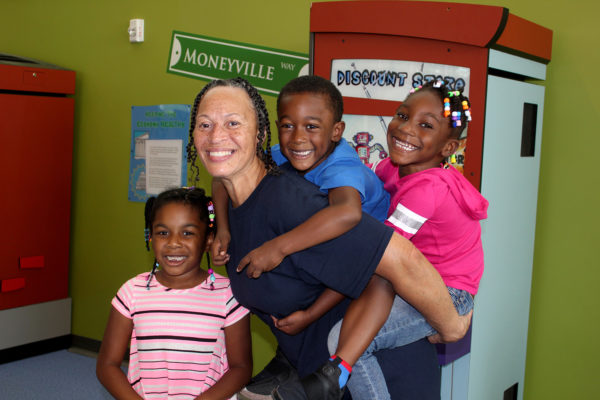
Dené Mosier, president and CEO, was invited to present about Play Free at the prestigious Aspen Institute in Washington D.C. in the last week of October. She discussed the program during a webinar presented by the Association of Children's Museums and the Aspen Institute's Ascend program, alongside practitioners from Georgetown University Hospital. The webinar addressed meeting children's mental health needs in children's museums and other non-conventional spaces.
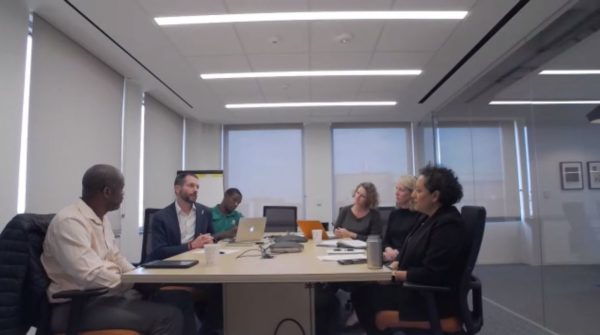
Payton Friess, director of community engagement, spoke on Play Free at a series of classes in the Sociology, Anthropology, Crime and Delinquency Studies Department at Emporia State University. She provided insights from the Play Free program to the Women and Crime, Intro to Sociology and Juvenile Delinquency courses, leading conversations about importance of visitation and connection during incarceration and barriers that exist for many children visiting their incarcerated parent.
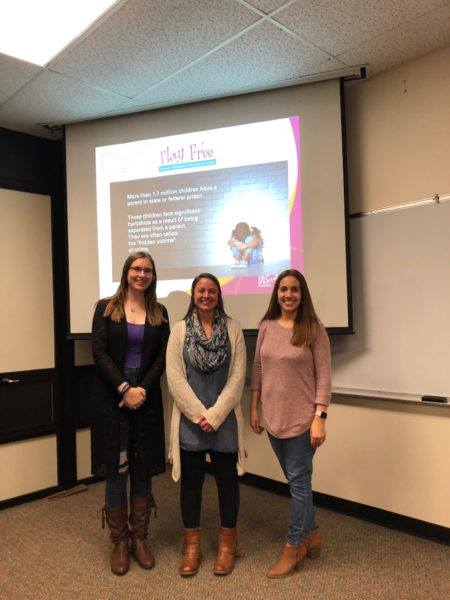
A new video gives viewers and inside look into the program, showing interviews with some of the women who participate in Play Free and staff.
An inside look at a children's museum serving children with incarcerated moms
Play Free supports children who need opportunities to play in a safe, caring environment, and our goal is to continue to offer Play Free days in 2020. Programs to promote healthy bonding between children and their incarcerated caregivers make a difference in the lives of children, strengthening the family bonds that makes children more resilient. With than 1.7 million children having a parent in state or federal prison, Play Free is more important than ever.
The program is supported by donations, so please consider giving to ensure the future of Play Free.
